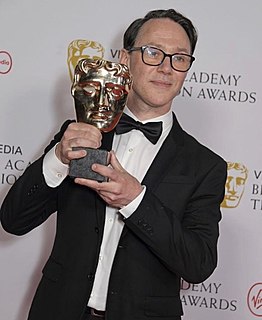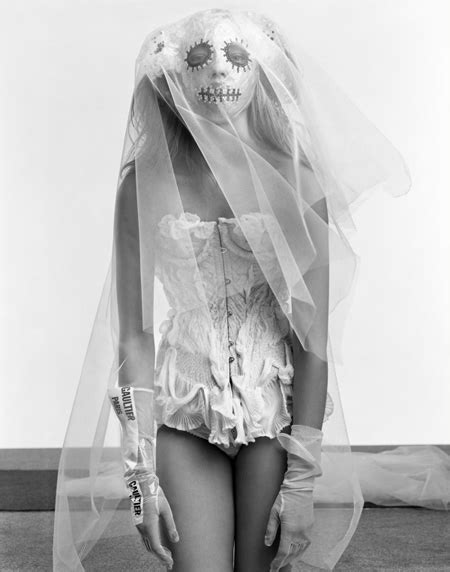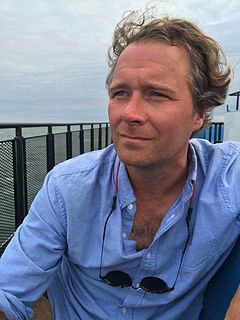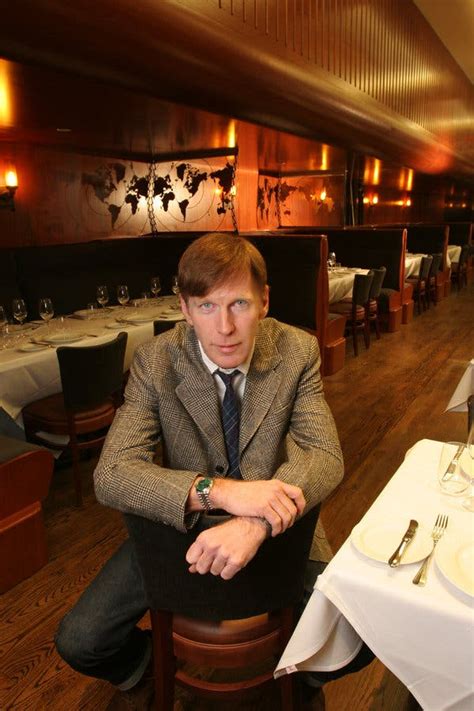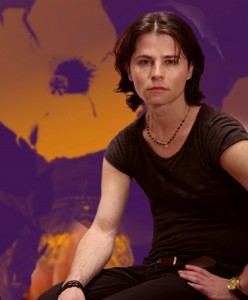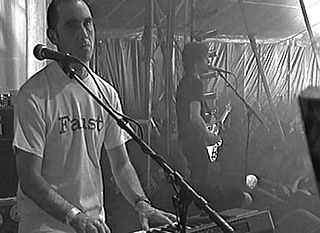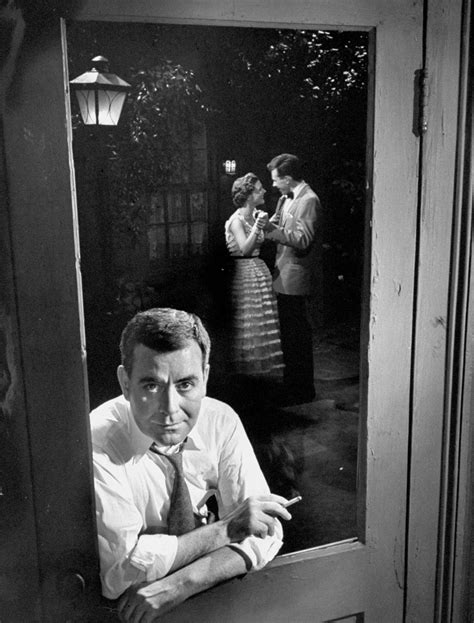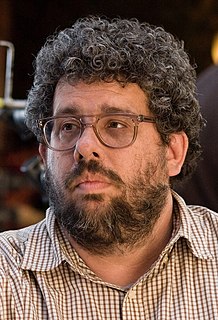A Quote by Reece Shearsmith
You have to be kind of alerted to the fact that clowns are scary and then you can't look at them the same way again. There's something very sinister about them... There's something very tragic about them as well. The last thing they are is funny.
Related Quotes
The most important thing is that, when you work with somebody, you build a rapport with that person. They have a certain trust in you. You don't have to explain that much. It's very hard when you photograph someone who's a fresh face and then you don't work with them again for six months. All these people I work with over and over again have qualities that I love. There's something very free about them or there are some slight imperfections about them. I think the more you work with someone, the pictures get better and better.
It's often said that elephants are the most human of animals - there's something comical about their acquiescence, and tragic also. The long elephant poem - I was trying to write from the point of view of someone who had been seduced by the logic of his punishers and who, in a kind of awful way, could reproduce the very logic that had put him in this predicament in the first place. And maybe, in some kind of minor way, that's something I feel about myself, or maybe about all selves, that they fall in love with the thing that oppresses them.
There's a generation of people that do fetishize books and do fetishize catalogues and do look at them as something important. The same thing with magazine culture: because magazines don't make the amount of money that they used to, it's become important again to another generation of people to actually read them. And it's very, very pinpointed to the select people that actually fetishize and go in and look at them.
I believe there is some kind of magic that comes just from looking at somebody. In the beginning, I called it "Genius" in a very cynical way. Then I started to look at real geniuses in history and all of them have the same expression, of something very bitter. It's bitter because they have this kind of knowledge that they cannot share. They don't have the time or energy to deal with other people.
It's the way I make music, I will take two ideas and smash them together and if they sit well together for me then that's fine, and it's the same with the lyrics - if I see a couple of lines and I like the way they look on the page then I'll use them. I find they take on a meaning of their own, it's very difficult to explain how I actually go about all that.
[ Rajiv Gandhi] was very reflective and rueful and regretful about the fact that his children's education...He wanted them to get educated outside of India, but he said to me the only place that he found where they would be safe was in Russia, and he didn't really want them to be educated there! So, I said, "Well, send them to Australia. I'll look after them." And my security bloke went absolutely bloody bananas, and I said, "We'll look after them." But, in the end, he didn't send them.
In my films, I like to use the same actors again and again, so I know them really well and can bring their unique personalities into the process. However, as a director, I have strict control over the way they express their personalities. I don't want them to go beyond what I need from them, but I also don't want them to underplay. So I modulate their performances very closely, within a certain range of expression.
I'm very, very focused on my children. In fact, I'm very religious about having breakfast with them every morning, having dinner with them every evening, and spend all the weekends with them that I don't work. So as long as I'm not traveling, I'm always with them and I go to their soccer and tennis matches.
I believe very deeply in the human spirit, and I have a sense of awe about it. I look around and ask, 'What makes the difference? What is it?' I've known people the world has thrown everything at - to discourage them, to kill them, to break their spirit. And yet something about them retains a dignity. They face life and they don't ask quarters.
The Librarian considered matters for a while. So…a dwarf and a troll. He preferred both species to humans. For one thing, neither of them were great readers. The Librarian was, of course, very much in favor of reading in general, but readers in particular got on his nerves. There was something, well, sacrilegious about the way they kept taking books off the shelves and wearing out the words by reading them. He liked people who loved and respected books, and the best way to do that, in the Librarian’s opinion, was to leave them on the shelves where Nature intended them to be.
